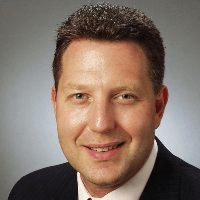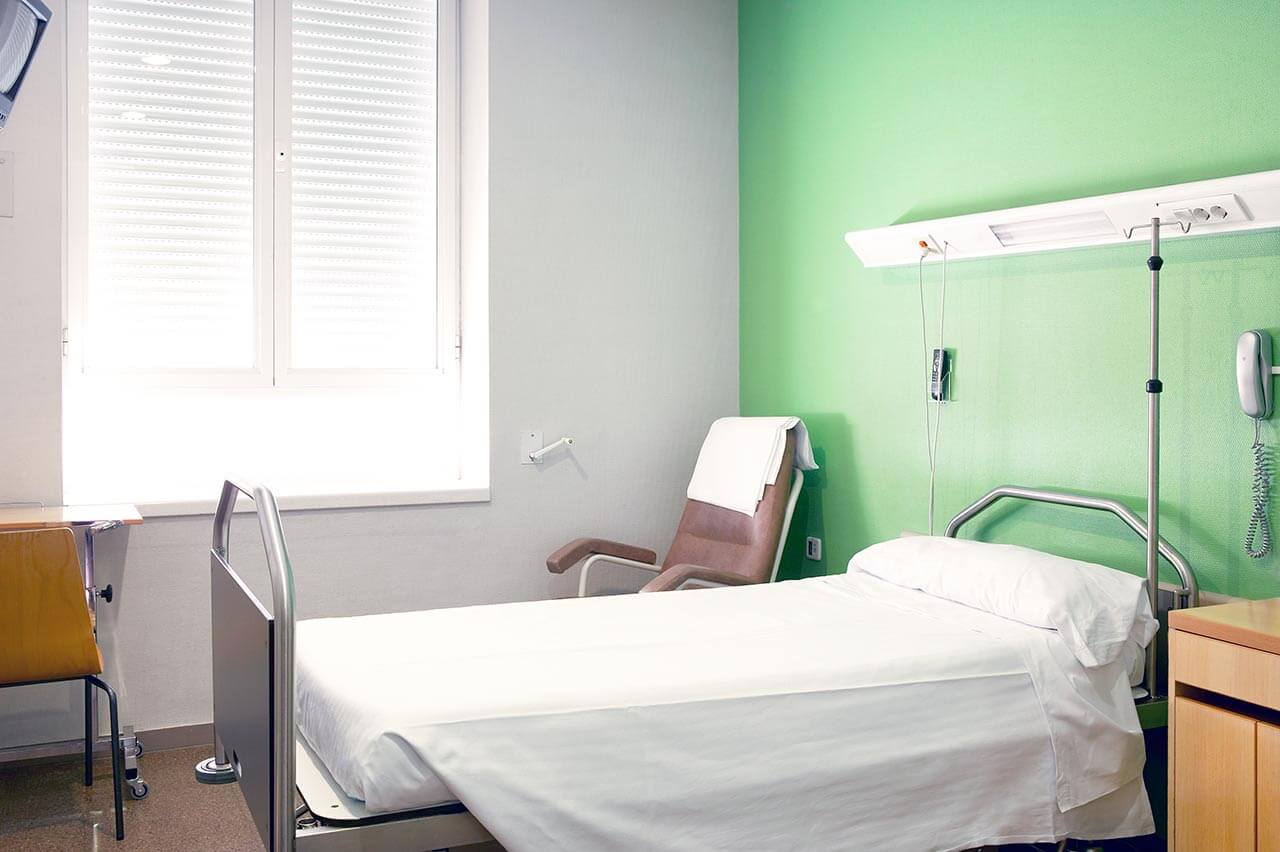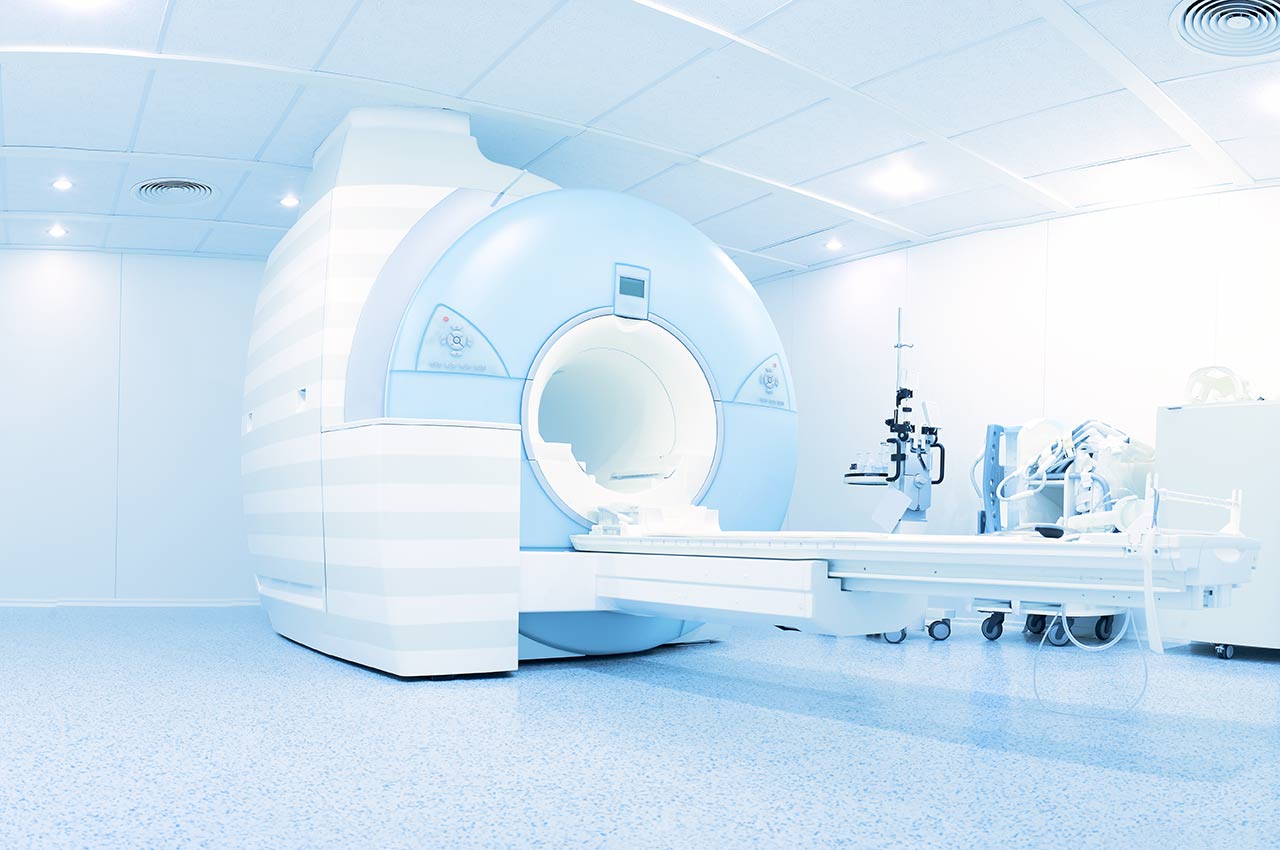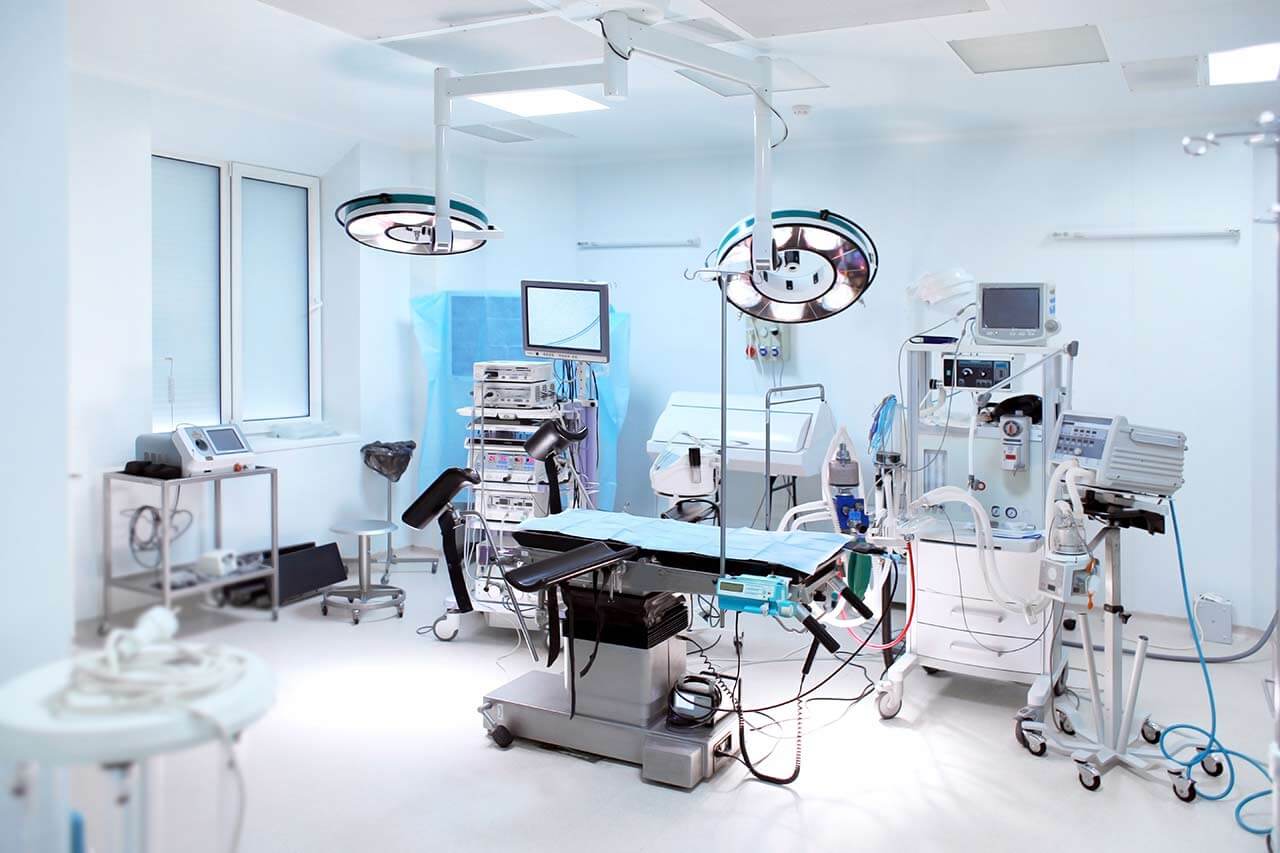
The program includes:
- Initial presentation in the clinic
- clinical history taking
- review of medical records
- physical examination
- laboratory tests:
- complete blood count
- general urine analysis
- biochemical analysis of blood
- inflammation indicators (CRP, ESR)
- TSH, fT3, fT4
- L-Dopa-Test
- indicators blood coagulation
- neurological examination
- CT/MRI scan of the head
- neuropsychological tests (on indications):
- ENMG (electroneuromyography)
- EEG (electroencephalography)
- SEPs (somatosensory evoked potentials)
- VEPs (visually evoked potentials)
- BAEP tests (brainstem auditory evoked potential)
- stationary EEG monitoring
- spinal tap
- symptomatic treatment
- control examinations
- the cost of essential medicines and materials
- nursing services
- full hospital accommodation
- developing of further guidance
Required documents
- Medical records
- MRI/CT scan (if available)
Service
You may also book:
 BookingHealth Price from:
BookingHealth Price from:
About the department
The Department of Neurology at the University Hospital Würzburg deals with the diagnostics and treatment of the entire spectrum of neurological diseases. The department specializes in the treatment of Parkinson's disease and other motor disorders. The department also offers the very latest diagnostic and treatment methods for multiple sclerosis, vascular diseases of the central nervous system, neuromuscular diseases, various forms of epilepsy, etc. In addition, the department provides emergency care for stroke patients in the specialized Stroke Unit. The department is headed by Prof. Dr. med. Jens Volkmann.
One of the main department’s focuses is the diagnostics and treatment of motor disorders. These include a number of neurological diseases, including Parkinson's disease and related clinical manifestations, such as dystonias, tremor, tics, and restless legs syndrome. The main diagnostic capabilities are electrophysiological examinations (neurography, electromyography, evoked potentials, etc.), cerebrospinal fluid examinations to exclude infectious pathology, CT and MRI scans to image changes in the brain and spinal cord, scintigraphic examinations, etc. Based on the results of the diagnostics, the patients are offered comprehensive, tailored treatment programs.
The department has long experience in the diagnostics and treatment of inflammatory diseases of the central nervous system. It is an interregional reference center for the treatment of multiple sclerosis and other autoimmune diseases of the central nervous system. In addition, the offered service range also complements the special diagnostics and treatment of rare diseases of the central nervous system caused by infectious pathogens.
The service range of the department includes the diagnostics and treatment of the following diseases:
- Motor disorders
- Parkinson's disease
- Dystonia
- Tremor
- Rare motor disorders
- Botulinum toxin treatment
- Deep brain stimulation
- Stroke and vascular diseases
- Neurogeriatrics
- Neuromuscular diseases
- Myopathies (muscular diseases)
- Polyneuropathies
- Neuromuscular junction diseases (myasthenic syndromes)
- Motor neuron disorders
- Self-help in neuromuscular diseases
- Inflammatory diseases of the central nervous system
- Autoimmune diseases (multiple sclerosis, neuromyelitis optica spectrum disorders (NMOSD), neurosarcoidosis)
- Patient training and self-help in multiple sclerosis
- CNS diseases caused by infectious pathogens
- Pain syndromes
- Epilepsy
- Neurological intensive care
- Neuropsychology
- Special diagnostics
- Clinical neurophysiology
- Ultrasound examinations (extracranial dopplerography, color extracranial duplex scanning, transcranial dopplerography, etc.)
- Laboratory diagnostics
- Histological diagnostics
- Quantitative sensory testing (QST) and quantitative sudomotor axon reflex testing (QSART)
- And also diagnostics of other neurological diseases
Photo of the doctor: (c) Universitätsklinikum Würzburg
About hospital
According to the FOCUS magazine in 2019, the University Hospital Würzburg ranks among the top national German hospitals!
The hospital is one of the oldest medical facilities in Germany. The centuries-old traditions of first-class treatment are combined with the very latest achievements of modern evidence-based medicine and advanced expert experience. The hospital is the maximum care medical center and covers all fields of modern medicine. The hospital has an impeccable international reputation and treats a large number of patients from other countries every year.
A distinctive peculiarity of the hospital is active interdisciplinary cooperation. A large number of diseases are diagnosed and treated within the specialized centers, which medical teams rely on the unique experience of treatment of a wide variety of clinical cases. For example, such centers include the General Cancer Center, the Stem Cell Therapy Center, the Breast Health Center, the Gastrointestinal Center, the Thoracic Surgery Center, etc. In total, the hospital has more than 40 centers of this kind. Therefore, the patients of the hospital are confident that they will be offered the most relevant treatment in accordance with the very latest medical recommendations.
In addition to the most advanced achievements and methods of modern medicine, the medical team of the hospital makes every effort to create a comfortable, friendly atmosphere, which promotes patient well-being and recovery.
Photo: (с) depositphotos
Accommodation in hospital
Patients rooms
The patients of the University Hospital Würzburg live in comfortable rooms made in a modern design and bright colors. The patient room includes a bed with a remote control, a bedside table with a sliding table, a wardrobe, a TV. The patient rooms have the possibility of Internet connection. The enhanced-comfort rooms are equipped with a safe, a fridge and upholstered furniture.
Meals and Menus
The patients of the hospital are offered a varied and tasty three meals a day. There is a daily choice of several menus, including a dietary one. In case of intolerance to any food, please inform the medical staff about your food preferences in advance. After that, you will be offered an individual menu. Also, the hospital houses the cafes and cafeterias with a wide assortment of drinks, fresh pastries, fresh salads, sweets and other dishes.
Further details
Standard rooms include:
Religion
Christian priests are available for the patients at any time. Representatives of other religions may be requested at any time.
Accompanying person
Your companion may stay with you in your room or at a hotel of your choice during the fixed program.
Hotel
You may stay at the clinic hotel or a hotel of your choice during the outpatient program. Our manager will help you choose the best option.





